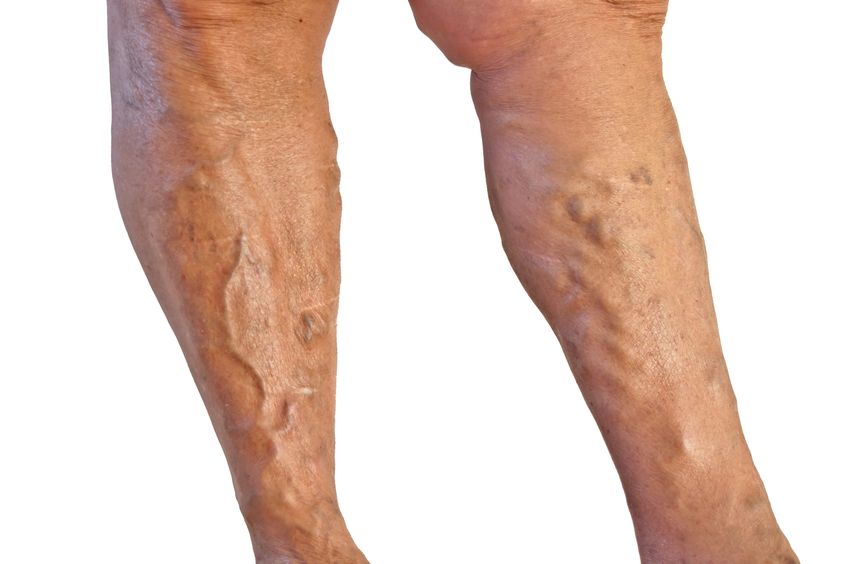Cardiology electrodes are crucial components in the diagnosis and monitoring of heart conditions. These small, adhesive pads are attached to the skin to detect electrical activity in the heart, which is then translated into readable data by devices such as electrocardiograms (ECGs or EKGs). The precision and reliability of cardiology electrodes are vital for accurate heart monitoring.
Non-Invasive Varieties
One of the primary benefits of cardiology electrodes is their non-invasive nature. Patients can undergo extensive cardiac monitoring without discomfort or the need for surgical procedures. This ease of use facilitates regular and long-term monitoring, which is essential for diagnosing chronic conditions like arrhythmias, and heart disease, and monitoring postoperative heart health.
The electrodes come in various forms, including disposable and reusable types. Disposable electrodes are often favored for their single-use convenience, minimizing the risk of cross-contamination and infection. They ensure a sterile procedure every time, which is especially important in clinical environments where patient turnover is high.
Design and Functionality
Technological advancements have also improved the design and functionality of these electrodes. Modern electrodes are more adhesive, reducing the likelihood of detachment during monitoring. They are also designed to minimize skin irritation, which is particularly beneficial for patients with sensitive skin or those requiring prolonged monitoring sessions.
Using these special medical electrodes is essential for effective and efficient heart monitoring and diagnosis. Their non-invasive design, improved technology, and importance in emergency care make them invaluable tools in modern cardiology, ensuring better patient outcomes and advancing cardiac care.



